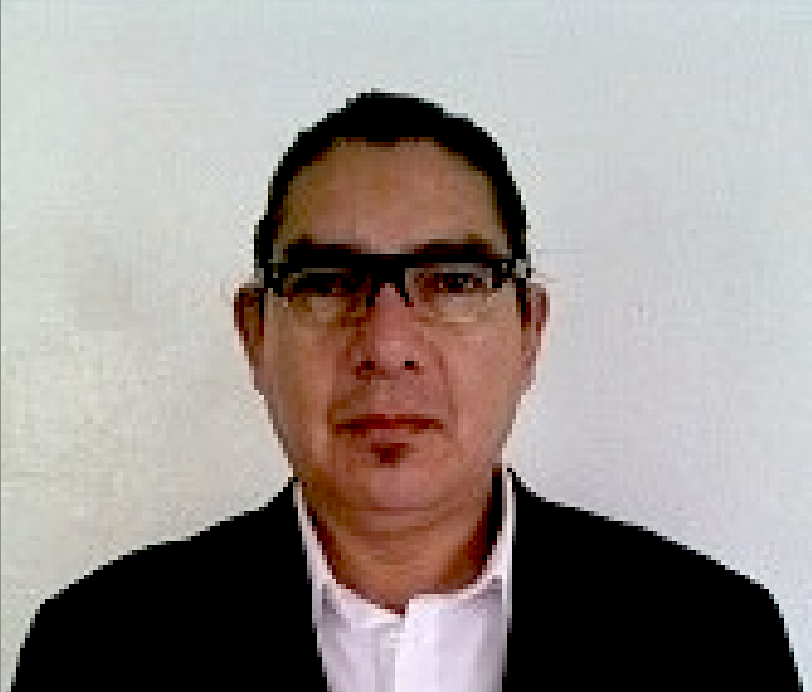In the past month, the San Francisco Chronicle has published a series of articles ostensibly aimed at getting to the root of the “complex and multifaceted” issues of fentanyl sales and overdose in San Francisco.
One would imagine that an exposé on the city’s overdose crisis—which was both “time-consuming and expensive,” as the Chronicle’s editor writes—might focus on the factors that led to the shuttering of the safe consumption site in the Tenderloin; or the failure of DA Brooke Jenkins’ “tough on crime” stances to curb overdose deaths; or why voluntary substance use disorder treatment is still out of reach for so many.
The focus of this series feeds into a longstanding xenophobic and anti-immigrant tradition that has re-emerged with every new drug scare.
But no. Instead, the Chronicle decided to devote its limited resources to an international journey to investigate the purportedly disproportionate threat of people from Honduras who sell drugs.
The focus of this series feeds into a longstanding xenophobic and anti-immigrant tradition that has re-emerged with every new drug scare in the United States—from the anti-alcohol and anti-opium moral crusades of the early 20th century, to the “reefer madness” of the 1950s, to today’s efforts to blame Mexico and China for our fentanyl-involved overdose crisis.
In all of these moments, depictions of nefarious foreigners destroying our nation’s health and moral fabric have been used to scapegoat people deemed to be outsiders—and distract us from real solutions to drug-related harms.
As the Chronicle’s reporters note in their first article, “more than 200 Honduran migrants have been charged with drug dealing since 2022” in San Francisco.
What the authors never concede, however, is that no data currently exist to show whether these arrests are a representative sample of who is selling drugs in the city, or whether Hondurans are simply being disproportionately targeted by San Francisco police.
But this series is not just a rabbit hole, leading us to foregone conclusions with inadequate context. It is also a great diversion that perfectly serves the interests and claims of some of San Francisco’s politicians.
These leaders are using police crackdowns to theatrically demonstrate that they are taking the city’s drug issues seriously.
Unsurprisingly, these articles are already being used in a disturbing attempt to strip residents charged with selling drugs of their right to free legal counsel.
Their increasingly dominant message—which the Chronicle has now reinforced—would have us believe that focusing resources on apprehending and deporting Hondurans would inevitably decrease fentanyl-involved overdoses.
This kind of claim is patently absurd, and contradicts all historical evidence of how drug markets operate. Drug enforcement merely results in an interminable, harmful game of whack-a-mole. Where there is demand, there will always be sellers (wherever they come from) to meet the need. Demand will never disappear, but is boosted when conditions that push people towards risky substance use or addiction—such as poverty, lack of housing, and insufficient mental health support—go unresolved.
Effective responses to problematic substance use and overdose are not as complex as many political leaders would have us believe.
Numerous harm reduction interventions—from naloxone to syringe services, safe consumption sites and safe supply programs—are supported by overwhelming evidence and have existed for decades. Other jurisdictions have shown us that ending criminalization works. And providing people with housing, social and medical services, effective and accessible pharmaceutical treatment, non-coercive behavioral health support, and the tools to manage their substance use on their own terms—besides being moral imperatives—are shown to be effective by countless public health studies.
The problem, of course, is that these solutions require leadership that actually follows the data, instead of courting headlines with tactics that scapegoat immigrants.
Whether the San Francisco Chronicle’s editors and reporters intend it or not, their series is fueling racist stereotypes and conspiracist moral panics of the “great replacement” type—providing ammunition to those pushing the worst anti-immigrant sentiments in our country.
Unsurprisingly, these articles are already being used by San Francisco Supervisor Matt Dorsey, the former communications director for the San Francisco Police Department, in a disturbing attempt to strip residents charged with selling drugs of their constitutional right to free legal counsel.
In today’s San Francisco, journalists and politicians should not be providing breathing room for xenophobia to metastasize.
As is well known, people of color who use drugs are disproportionately, and often wrongfully, charged with selling them. San Francisco’s criminal-justice maneuvers will only make people who use drugs, particularly Black and Latinx residents, more afraid of accessing important harm reduction and treatment services. As we found in a study we conducted last year among Latinos who use drugs in San Francisco, many were already hesitant to do so, for fear of interactions with police or immigration officials.
The conflation of anti-drug and anti-immigrant sentiment has a particularly deep history in San Francisco. The nation’s first drug control law, which made it illegal to operate or visit an “opium den,” was passed in San Francisco in 1875. It was motivated largely by a growing wave of anti-Chinese agitation that drew on sensationalized depictions of Chinese men as “opium addicts.”
In today’s San Francisco, journalists and politicians should not be providing breathing room for similar forms of xenophobia to metastasize.
This article was co-authored by Jorge Zepeda.

Jorge is a licensed clinical social worker providing harm reduction services to Maya and Spanish immigrant communities in San Francisco. He is the Latinx health services director for the San Francisco AIDS Foundation.
Image by Thomas Hawk via Flickr/Creative Commons 2.0






Show Comments